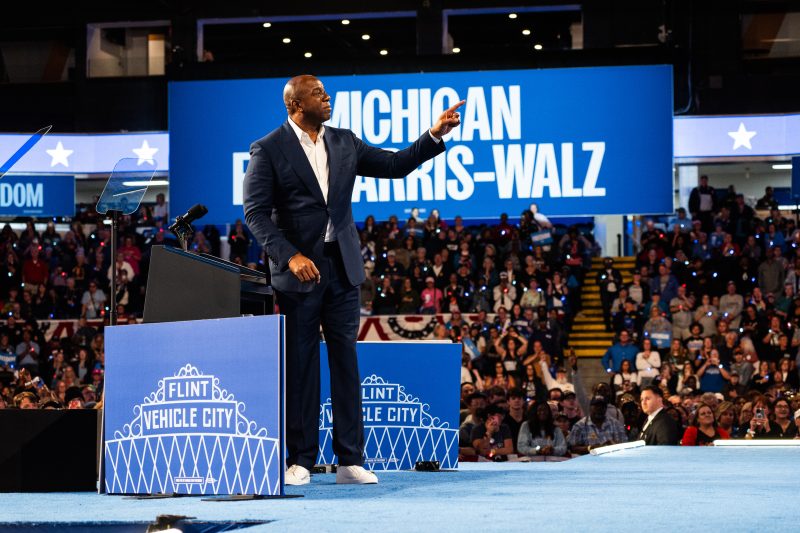In a move that has captured the attention of many, Kamala Harris recently unveiled a comprehensive agenda aimed specifically at Black men. This initiative comes as part of her larger effort to actively engage and court this pivotal demographic as the general election approaches.
The agenda put forth by Harris addresses a wide range of issues that disproportionately affect Black men, acknowledging the unique challenges they face in today’s society. It is a bold and intentional effort to center the needs and concerns of this community, recognizing that their voices and experiences have often been marginalized in political discourse.
One key component of Harris’s agenda is criminal justice reform. The senator has long been an advocate for overhauling the justice system, particularly in relation to issues of racial inequality and police brutality. Her agenda for Black men includes specific proposals to address these issues head-on, such as implementing police reforms, ending the school-to-prison pipeline, and promoting alternatives to incarceration.
Another focal point of Harris’s agenda is economic opportunity. She highlights the importance of creating pathways to financial stability and success for Black men, who have historically faced barriers to employment and economic advancement. Harris’s plan includes initiatives to support Black-owned businesses, increase access to quality education and job training programs, and address wealth disparities through targeted economic policies.
Healthcare is also a central component of Harris’s agenda for Black men. She recognizes the significant health disparities that exist within this demographic, including higher rates of chronic illnesses and lower life expectancies compared to other groups. Harris’s plan includes strategies to expand access to healthcare, improve health outcomes, and address underlying factors that contribute to these disparities, such as systemic racism and social determinants of health.
Moreover, Harris’s agenda emphasizes the importance of mental health and emotional well-being for Black men, who often face stigma and barriers to seeking help. Her plan includes proposals to increase access to mental health services, promote culturally competent care, and address the root causes of mental health issues within the community.
Overall, Kamala Harris’s agenda for Black men represents a significant step forward in addressing the complex and intersecting challenges faced by this demographic. By centering their experiences and needs, Harris demonstrates a commitment to building a more just and equitable society for all. As the senator continues to ramp up her efforts to court Black men, her agenda serves as a compelling roadmap for meaningful change and progress in the fight for racial justice and equality.

